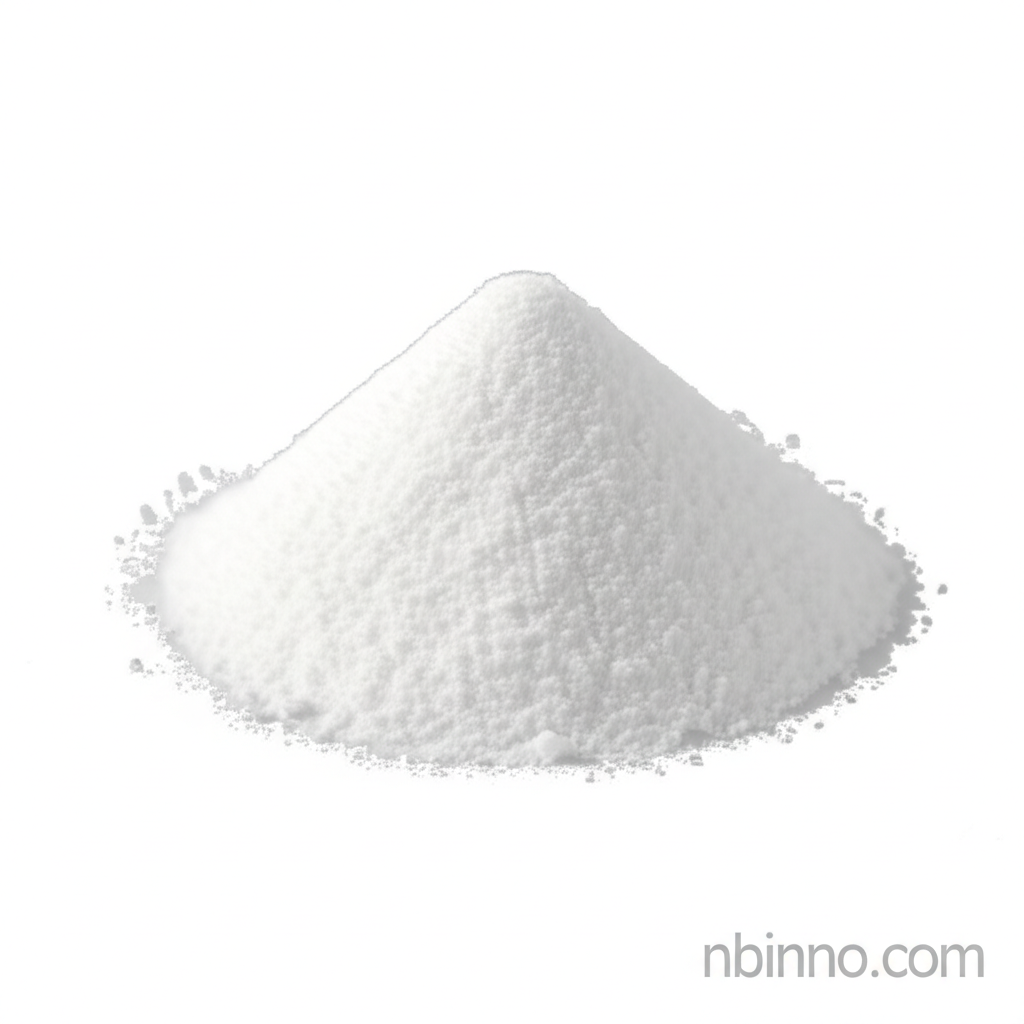Unlock Longevity: Understanding the Benefits and Applications of Rapamycin (Sirolimus) in Anti-Aging and Healthspan
Explore the groundbreaking potential of Rapamycin (Sirolimus) in extending lifespan and combating age-related diseases. Discover its role in cellular rejuvenation and discover why it’s a key focus in longevity research.
Get a Quote & SampleProduct Core Value

Rapamycin
Rapamycin, also known as Sirolimus, is a potent compound with a significant role in cellular health and longevity research. As a trusted supplier in China, we offer high-purity Rapamycin powder, crucial for various scientific and therapeutic applications. Its ability to inhibit the mTOR pathway is central to its anti-aging and healthspan-promoting effects, making it a key ingredient for innovative research.
- Discover the potential of Rapamycin anti-aging benefits by understanding its mechanism of action, crucial for research into delaying cellular aging.
- Learn about Sirolimus longevity effects and how this compound is being explored to extend healthy lifespans.
- Explore the mTOR pathway inhibition for lifespan, a core scientific principle behind Rapamycin's purported anti-aging properties.
- Investigate the Rapamycin autophagy mechanism and its role in cellular cleanup and rejuvenation, key aspects for healthy aging.
Key Advantages Provided by Rapamycin
Mechanism of Action
Rapamycin achieves its effects by inhibiting the mTOR pathway, a critical regulator of cell growth, metabolism, and survival. This inhibition is key to understanding Sirolimus longevity effects and its role in delaying cellular aging.
Cellular Rejuvenation
By promoting autophagy, Rapamycin facilitates the cell's natural cleaning process, removing damaged components and thus contributing to cellular health and potential anti-aging benefits.
Healthspan Extension
Research into the Rapamycin anti-aging benefits suggests its potential to not only extend lifespan but also improve overall healthspan, allowing for a more vigorous and disease-free life.
Key Applications
Longevity Research
Studying the mTOR pathway inhibition for lifespan is crucial for developing new strategies in longevity research, with Rapamycin being a primary compound of interest.
Anti-aging Therapies
Exploring the Rapamycin autophagy mechanism can lead to novel anti-aging therapies aimed at improving cellular function and combating age-related decline.
Immunosuppression
Rapamycin is clinically used as an immunosuppressant, particularly in organ transplantation, to prevent the body from rejecting foreign tissues.
Cancer Treatment Research
The anti-cancer properties of Rapamycin are being investigated, building on its ability to inhibit cell proliferation and tumor growth, linking to its potential in cancer treatment research.
